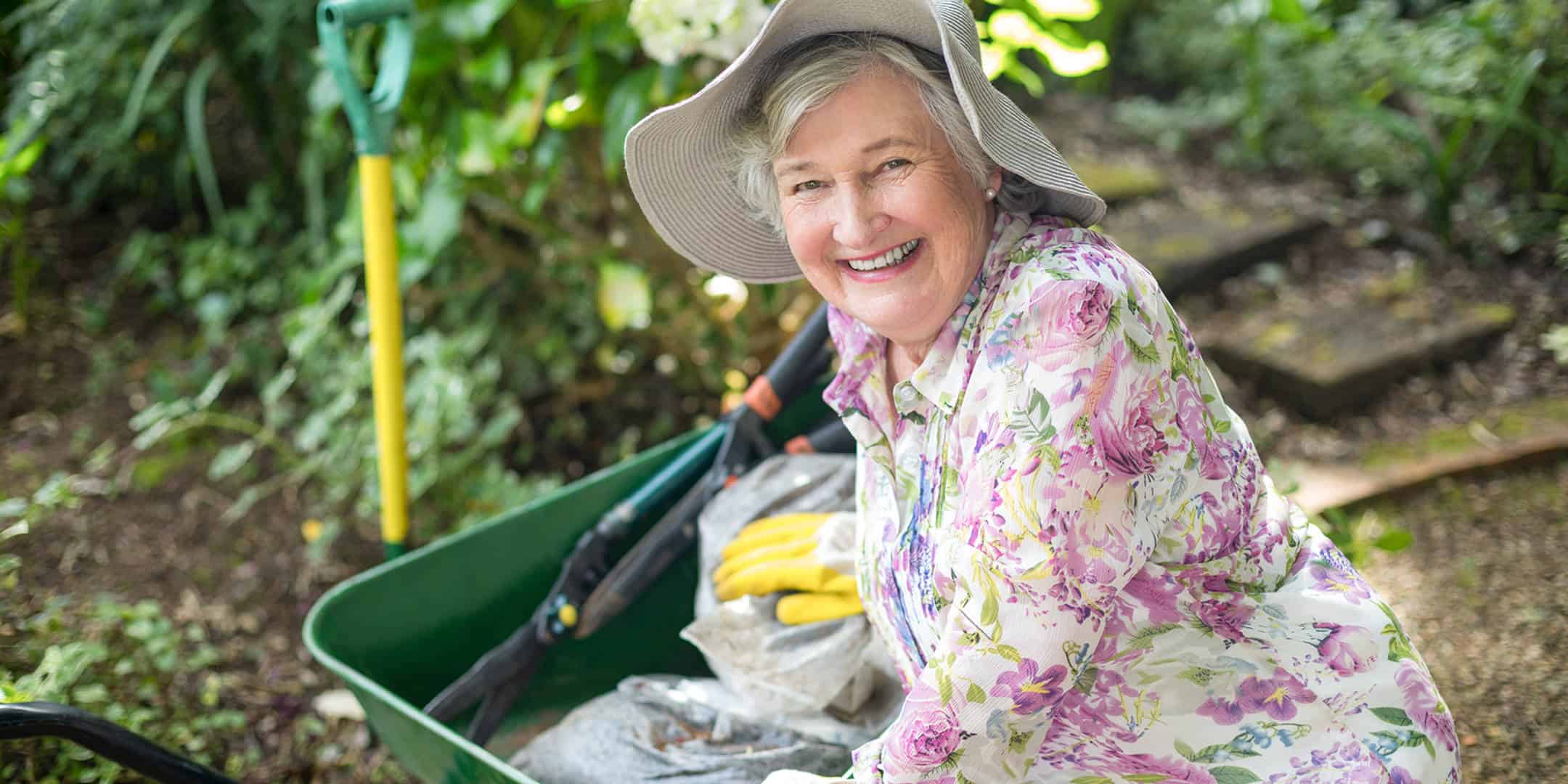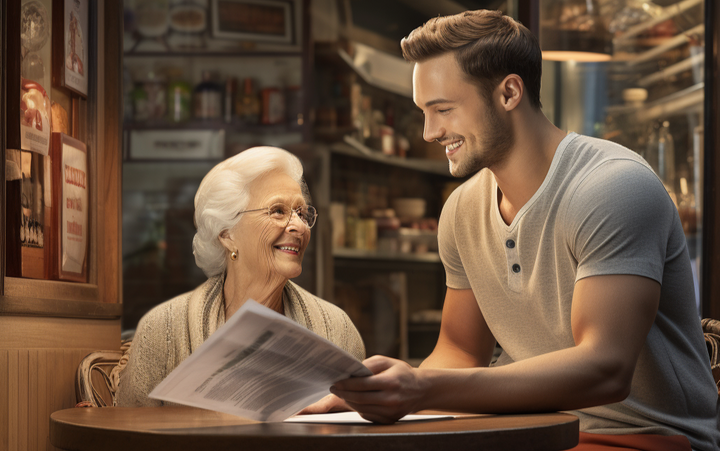Senior Care Activities
A list of activities for elders that will increase senior companionship, mental health, social interactions, and more.

As we take care of our loved ones and tend to their health, finding meaningful activities that engage their minds, bodies, and spirits is more than a mere recommendation—it is a necessity. It is about celebrating the vitality that persists, the curiosity that endures, and the wealth of wisdom and experience they continue to hold. It's about acknowledging that aging does not, and should not, equate to a withdrawal from the pleasures of life.
But, this exploration is more than a guide—it's an invitation. An invitation to families and caregivers to step into the world of our elders, to better understand their needs, desires, and capabilities. To see beyond age and illness, to the person who still has so much to offer and experience.
Walking is a low-impact exercise that's generally safe for most seniors. Depending on your loved one's mobility and interests, you could explore local parks, neighborhoods, or nature trails. This activity can keep them physically active and also provides an excellent opportunity for social interaction and cognitive stimulation.
Engaging in art or craft activities such as painting, knitting, or pottery can help seniors maintain fine motor skills and can also provide a creative outlet. Additionally, creating something beautiful can bring immense satisfaction and improve self-esteem.
If physically possible, gardening can be a wonderful pastime. It offers light physical activity and the opportunity to enjoy fresh air and sunshine. Container gardening or raised beds can make this activity more accessible to those with limited mobility.
Depending on their skill level and interest, seniors can enjoy helping in the kitchen. This could involve simple tasks like stirring ingredients or more complex tasks like baking a favorite recipe. Cooking and baking can also stimulate the senses and spark old memories or start new traditions.
If your loved one enjoys reading, consider joining or starting a book club with other seniors. This promotes cognitive stimulation and provides a social outlet. Audiobooks or large print books can be helpful for those with vision impairment.
Games such as chess, Scrabble, or card games, as well as puzzles, can help keep the mind sharp. My personal favorite is "Rummikub". They also provide opportunities for socialization if played in groups.
Depending on your loved one's interests, you could visit art museums, history museums, or science exhibits. Many museums offer senior discounts and wheelchair accessibility. This can be a great way to stimulate conversation and recall past memories.
Many community centers offer classes designed for seniors. Both yoga and Tai Chi promote flexibility, balance, and stress reduction, and instructors can modify movements to accommodate different physical abilities.
Whether it's playing an instrument, singing, or simply listening to their favorite tunes, music can have numerous therapeutic effects for seniors, including mood enhancement and memory recall. Group settings can also offer opportunities for social interaction.
Bird watching can be a relaxing activity that also encourages cognitive stimulation. It can be done in a backyard, or you can visit local parks or nature reserves. Consider investing in a bird feeder, a bird identification book, or binoculars to facilitate this activity.








